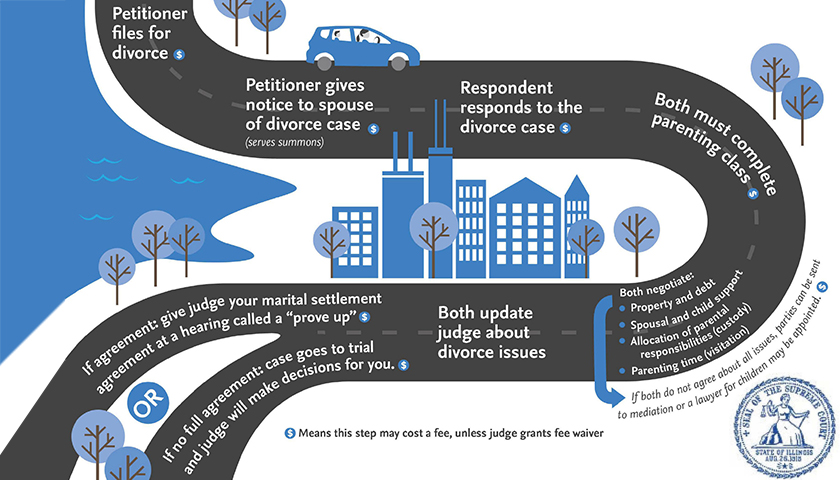Many divorcing couples are surprised to find that their collective retirement benefits are often worth more than their home and other assets. As a result, if you’re going through a divorce, you need an attorney who understands the complexities of determining the value of retirement benefits, and who will fight to ensure that you receive the full value to which you are entitled.
Illinois courts cannot divide all retirement accounts between spouses; instead, they can only allocate marital property. However, this begs the question: what portion of a retirement account or pension is marital property?
If an individual pays into a retirement account during a marriage, such paid-in amounts are typically considered marital property. Consequently, they may be subject to division in a divorce.
As a Rockford retirement benefits division lawyer, if you are concerned about how divorce may impact your retirement accounts, pensions, or other retirement benefits and keeping or getting your fair share, I invite you to call my office today to schedule a free consultation to learn more about your legal options.
Types of Retirement Benefits – Defined Contribution and Defined Benefit Plans
In Illinois, retirement benefit plans generally fall into one of two categories: defined contribution plans (such as 401k plans) and defined benefit plans (such as pension plans).
What is a Defined Contribution Plan?
A defined contribution plan (DCP) consists of a plan where both the employee and employer may make plan contributions, and these contributions are then invested into assets (usually stocks and mutual funds). At retirement, the employee is entitled to begin withdrawing funds from this plan (which usually happens as stocks, mutual funds, or other equities are sold).
Contributions to these plans are usually made on a pre-tax basis, so that when distributions are made, taxes are due. One exception is a Roth 401(k) plan, in which contributions are made on an after-tax basis, but these plans are not usually offered by employers. Ultimately, the value of the DCP will be dependent upon how much is invested and how well the plan investments perform.
What is a Defined Benefit Plan?
A defined benefit plan (DBP), on the other hand, specifies a formula for determining payouts to be made to an employee at retirement. The value of this plan is not tied to the value of the performance of any assets (such as stock) but rather is “defined” by the formula in the plan (which is usually tied to the number of years that an employee has worked for a company, the employee’s age at retirement, and the employee’s earnings with the company).
As an example, the percentage of the maximum income to which an employee may be entitled is often tied to the sum of the age of the employee at retirement and the number of years that the employee has with the company. For example, if an employee is 65 at retirement and has worked for a company for 30 years, this total would be 95. A pension plan might provide that if this total is 85 or more, the employee is entitled to 100% of the pension benefit.
The pension benefit, in turn, is often a percentage of the employee’s salary at retirement, such as 80%. If an employee’s salary at employment is $100,000 and the employee is eligible for 100% of the pension benefit based upon their age and years of service with the company, the employee would be entitled to a pension of $80,000/year.






